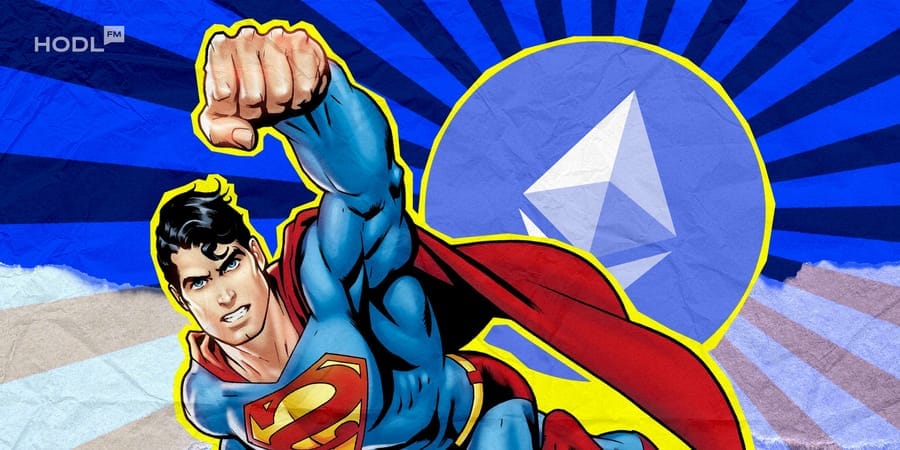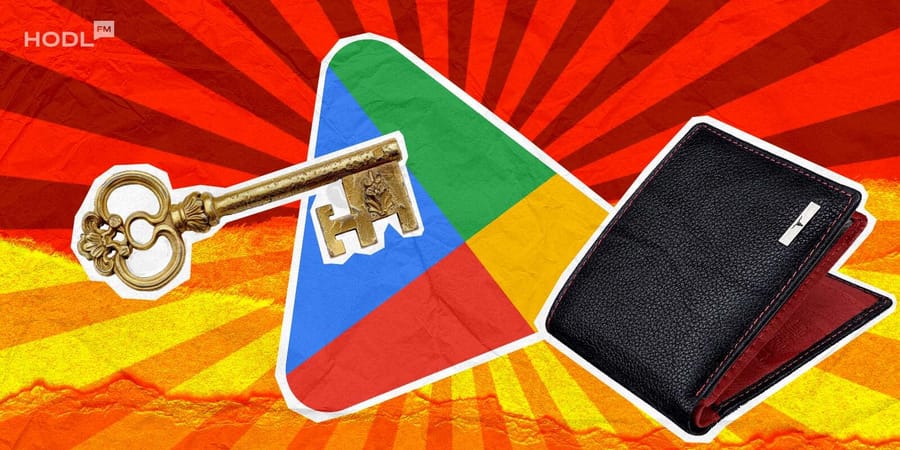Google Play is stepping up its game and making life a little more complicated for crypto wallet providers. Starting on October 29, 2023, crypto wallet providers in over 15 jurisdictions, including the U.S. and the European Union, will need to get themselves properly licensed and follow “industry standards.” And don’t get too excited; non-custodial wallets are off the hook for now.
What Does This Mean for U.S. and EU Developers?
For developers in the U.S., this means registering with local regulators as either a money services business (MSB) or money transmitter. Meanwhile, in the EU, it’s all about registering as a crypto-asset service provider (CASP). It’s as if Google’s saying, “You want to play? Get licensed!”
Now, if you're in the U.S., and you’re already on the Financial Crimes Enforcement Network (FinCEN) list as an MSB, you’ll need to comply with certain anti-money laundering (AML) rules. Sounds like a headache, right? Well, these regulations might just push for broader Know Your Customer (KYC) checks. Personally, I think this is a sign that the crypto space is maturing, but it’s going to be a bit of a hassle for developers.
Thanks for flagging this. Non-custodial wallets are not in scope of Google Play’s Cryptocurrency Exchanges and Software Wallets Policy. We are updating the Help Center to make this clear.
— News from Google (@NewsFromGoogle) August 13, 2025
Non-Custodial Wallets Are Safe—For Now
Google Play made sure to clarify that non-custodial wallets aren’t affected by these updates. So if you’re just a wallet holder and not a crypto exchange, you’re safe. Of course, this might not make crypto enthusiasts particularly happy, especially when Google’s history with crypto is far from perfect.
Google's Rocky History with Crypto
In fact, Google has had a rocky relationship with the crypto industry. Remember back in 2018 when it banned crypto mining apps? Oh, and in 2020, it took down the Bitcoin Blast game and even pulled down Cointelegraph and Coindesk’s news apps. Talk about a mood swing. Then in 2021, Google banned eight crypto apps for allegedly scamming users with fake cloud services.

NFTs and Gaming Are Getting Attention
But hey, it's not all bad news. In 2023, Google did say it would allow non-fungible token (NFT) games, though with a few conditions, developers must disclose NFT features and, of course, ban gambling elements. So, it’s clear Google is warming up to crypto, but with a side of caution.
What’s Next for the Crypto Industry?
So, what does this all mean for crypto? In my opinion, these policy changes signal that Google’s serious about making sure the crypto industry plays by the rules, but it also shows that the space is slowly being integrated into mainstream platforms. We’ll just have to wait and see how this shakes out.

Disclaimer: All materials on this site are for informational purposes only. None of the material should be interpreted as investment advice. Please note that despite the nature of much of the material created and hosted on this website, HODL FM is not a financial reference resource, and the opinions of authors and other contributors are their own and should not be taken as financial advice. If you require advice. HODL FM strongly recommends contacting a qualified industry professional.





